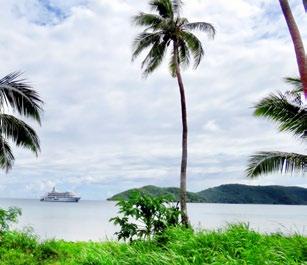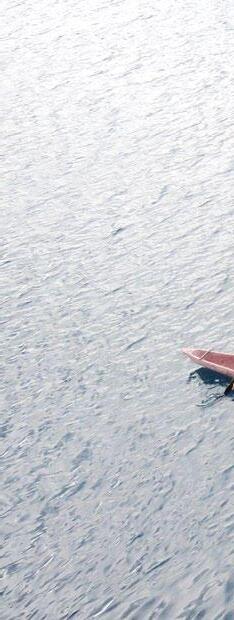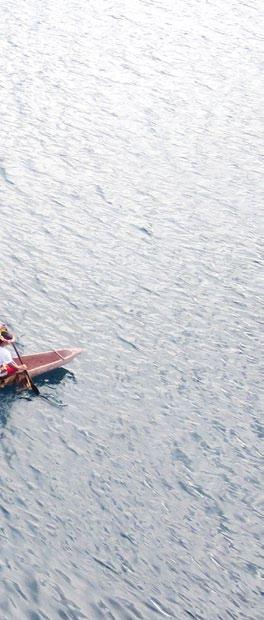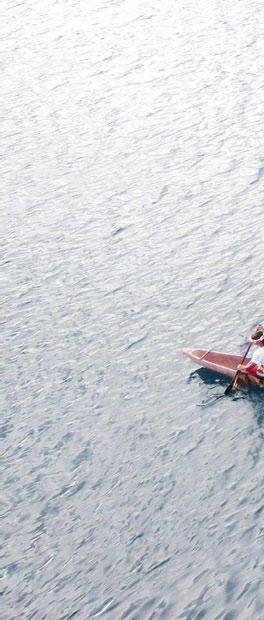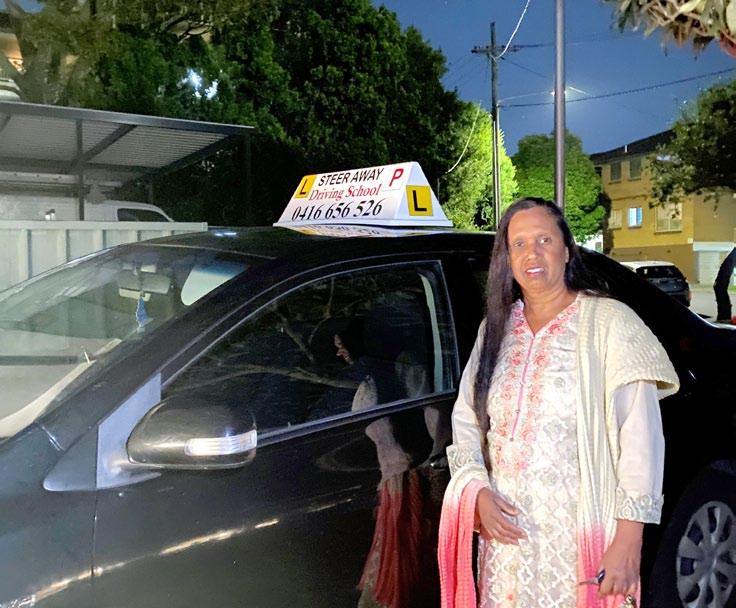
5 minute read
Driving forward
from 2022-05 Melbourne
by Indian Link
BY IQRA SAEED
Eleven years ago, my Mum started her own driving school business. She would drop my siblings and I off to school at 8:30am, a 40-minute drive that was often littered with tantrums and sibling rivalry, come back home, do the housework, and leave again at 2:10pm for a swift pick-up.
When we came home, there would be hot dinner on the table, two different dishes in case one of us (normally the youngest), turned our nose up at it and refused to eat. Magically by the next day, our uniforms would be cleaned, dried, and ironed, and she did it all over again the next day – for years until we were old enough to catch the train independently.
Although, she never sat down to have dinner with us because she had to go and do her new, second job – the first of course, being a mother. Until 2006, the Australian census overlooked this job that a lot of our mothers inherently have: unpaid domestic work.
The 2016 data showed that 60 per cent of men did ‘nil or less than five hours’ of unpaid domestic work per week, compared to 36 per cent of employed women.
Now multiply the responsibilities of running your own business and raising six children, and in my eyes, you have yourselves a hero.
It’s easy to forget just how much our mothers sacrifice for us, when they seem to have perfected their schedules to suit their children. My Mum, Kamal Kanti, was only 23 when she left her family, her own mother, in Fiji to pursue what many migrants are familiar with: ‘A better life’.
Working as a nurse’s aide at the St John Ambulance Association in Fiji did not translate as enough qualification for the Australian workforce, so for her livelihood, she landed a job at her local Sizzlers.
Years later, now with a family of six, her new business venture started out as a favour to friends. She noticed that a lot of her friends, who were also mothers, did not have their driving licence. For them, short errands and trips were either turned into long journeys, or just not an option for them where they waited for their husbands to come home.
Driving was a form of agency that my Mum believed every woman should have at no cost. She would sit with many of her friends, all of my Aunties taking turns behind the wheel of my family car for a few hours a week, until they would come back months later with gratitude, a wide grin, and mounds of mithai, with their Red P plates.
For some of them, they would already have their P1 Provisional licence, but just not the confidence to drive on busy roads, so she would tag along in their cars and support them whilst they ran errands. Again, she did not see this as work, and did not accept any fees because her friends getting their license was payment enough.
After some nagging from her friends, and the realisation that this was her niche, my Mum worked up the confidence to return to school, having left in Year 10, and successfully completed a TAFE course to become a professional driving instructor in her 40s.
What started off as a small favour for friends turned into a flourishing business, where she just keeps driving forward.
BY PETRA O’NEILL
By day 6, I'd found myself on a golden sand beach, shaded by clumps of pandanus and coconut past towards the water's edge. So far that day I’d gone kayaking, snorkelled alongside a coral reef with brilliantly coloured rainbow fish, and managed to stand upright on a paddleboard.
Captain Cook Cruises’ Reef Endeavour to discover the far flung islands of northern Fiji, with visits to traditional villages, historic towns and hikes through lush rainforests. drive familiar from Nadi’s international airport to Denarau Island, passing open air markets, souvenir and spice shops, Indian restaurants and the Sri Siva Subramaniya Temple, the largest in the South Pacific. Within an hour of landing, I’d plunged into the resort's infinity pool, and witnessed a sunset of deep crimson and orange, the air an aromatic blend of coconut, scented frangipani and hibiscus. and ramshackle hotels filled with memorabilia and old photographs. Many of the trading stores have been operating for generations, such as the haberdashery store owned by the Vallabh family that opened 98 years ago. I continued walking along the coastline past sandy bays and villages set among coconut, papaya and mango trees, the locals greeting me with Bula!
• Fiji Airways flies direct to Nadi from Sydney, Melbourne and Brisbane, and with offices at many Fiji resorts, you can check in ahead of your flight home. Staff are exceedingly helpful
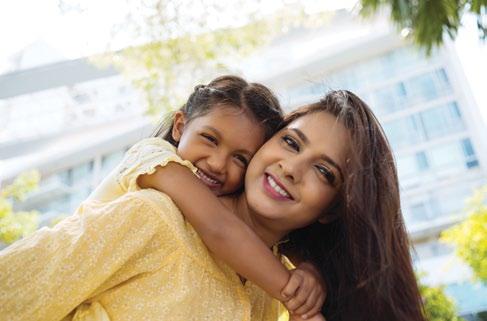
• For entry you’ll need an International Covid Vaccination Certificate (MyGov), Travel insurance covering Covid, and a pre-booked RAT for after arrival most resorts. For re-entry to Australia complete a digital passenger declaration on your iPhone. For www.fiji.travel
Tropical splendours
Taveuni is known as Fiji's garden island with rich volcanic soil and luxuriant vegetation. In an open-air bus we followed the scenic coastline past villages, coconut plantations, and long stretches of golden sand beach, to Bouma National Park where a trail led to several waterfalls. While visitors swam in the deep plunge pool, I hiked further through the rainforest, across a river holding onto a rope while hopping from one boulder to the next. The second waterfall was even more impressive and from a viewing platform I was able to see across the mountainous terrain. With over 100 bird species found here, many were twittering in the tree canopy above.
Cultural immersion
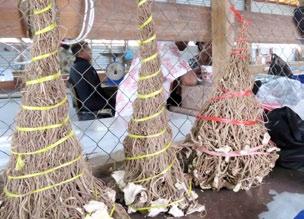
The cruise also provided the opportunity to visit traditional villages where we were given a rousing welcome. At Naselesele village on Taveuni, drums pounded as we were offered a traditional Melanesian welcome of Kava, followed by a Lovo feast, from an underground oven of hot stones, piled high with seafood, meat and vegetables wrapped in banana leaves.
On the island of Makogai, we attended Sunday Hymns joining in with churchgoers, their melodious voices filling the air and hiked through a rainforest to the cemetery of a former leper colony.
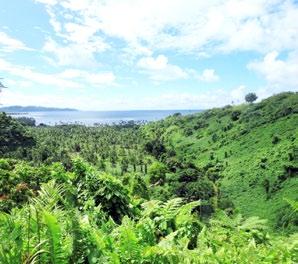
On Kioa Island we were greeted by the entire village. Originally from Tuvalu they migrated to Fiji after being displaced by rising sea levels, buying the island in 1947. Their dance and rhythmic pounding of the drums was in the tradition of their Polynesian heritage at full throttle, with singers and rhythmic dancers swaying their hips, one of many highlights of the cruise. When it was time for us to go, we were given a rousing send off with lots of waving and clapping.
Fiji is a multicultural country with a vibrant cultural heritage of Fijians and descendants of Indians brought here to work in the sugar cane industry. The diversity is reflected in the cuisine that offers unique dishes found nowhere else in the world, with dishes that incorporate local ingredients, like fish Suruwa, a curry cooked in coconut milk.

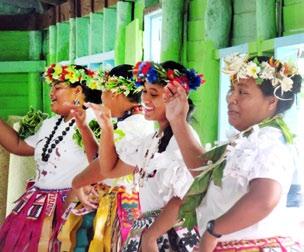
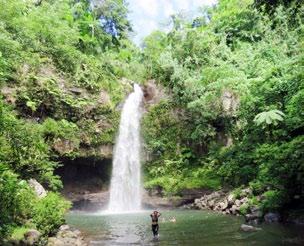
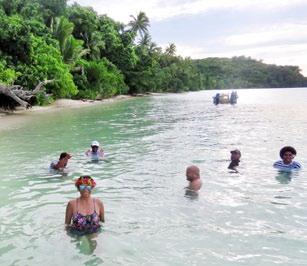
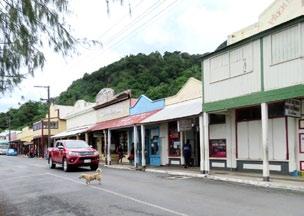
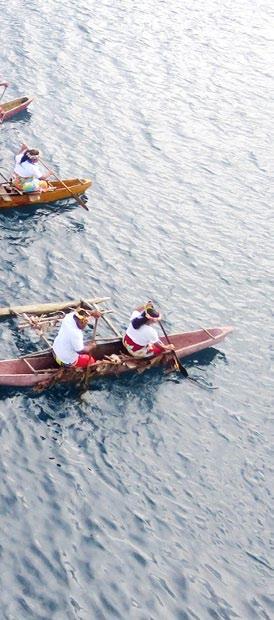
On my final day, before my evening flight home, as I swam in the Hilton Resort’s infinity pool one last time, I reflected on the 9 days I’d just experienced. Of balmy tropical days, crimson sunsets, and a cruise that took me to stunning remote islands with dramatic rocky peaks, beautiful beaches, coral reefs and lush rainforests.
But most of all it was the people of Fiji that made this trip so memorable. At every port of call, and every town and village, we were met with a warm welcome of singing, dancing, waving, and calls of Bula - everyone appreciative to see visitors back again.
Fiji is the perfect destination to relax, recharge and be happy.
